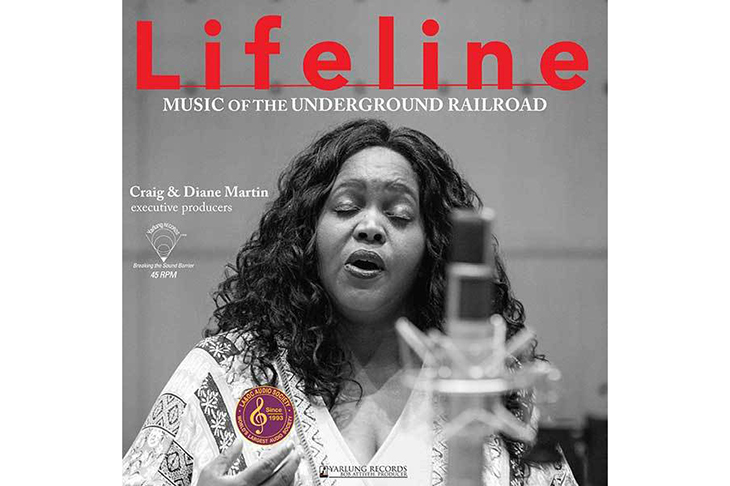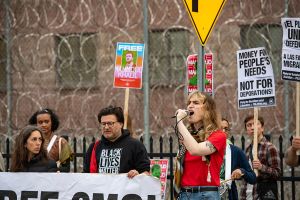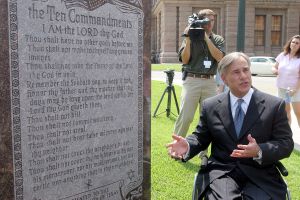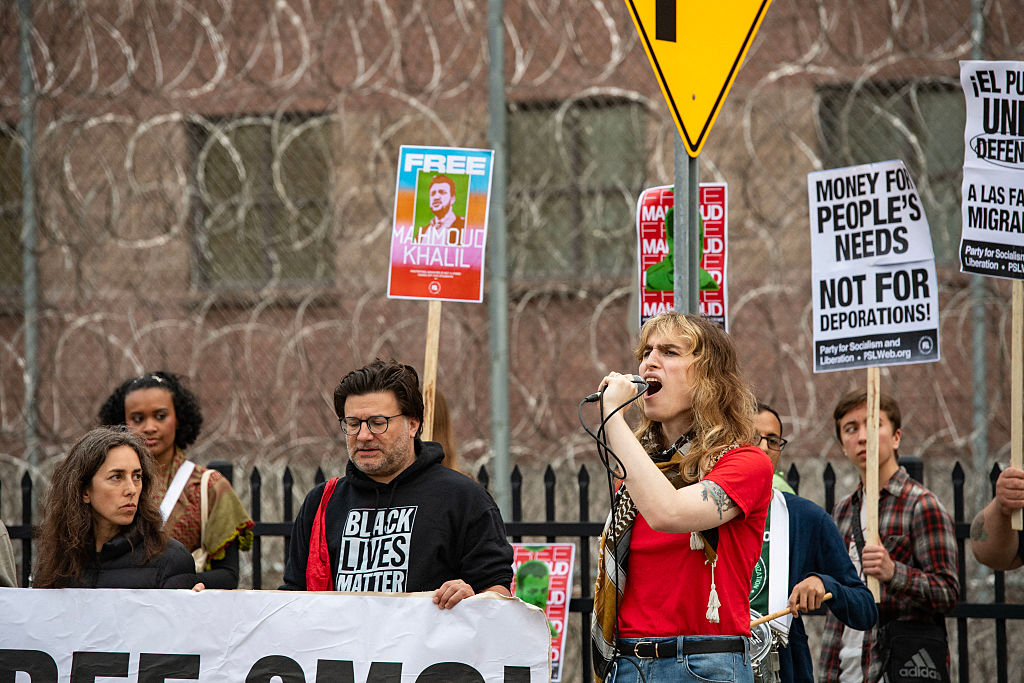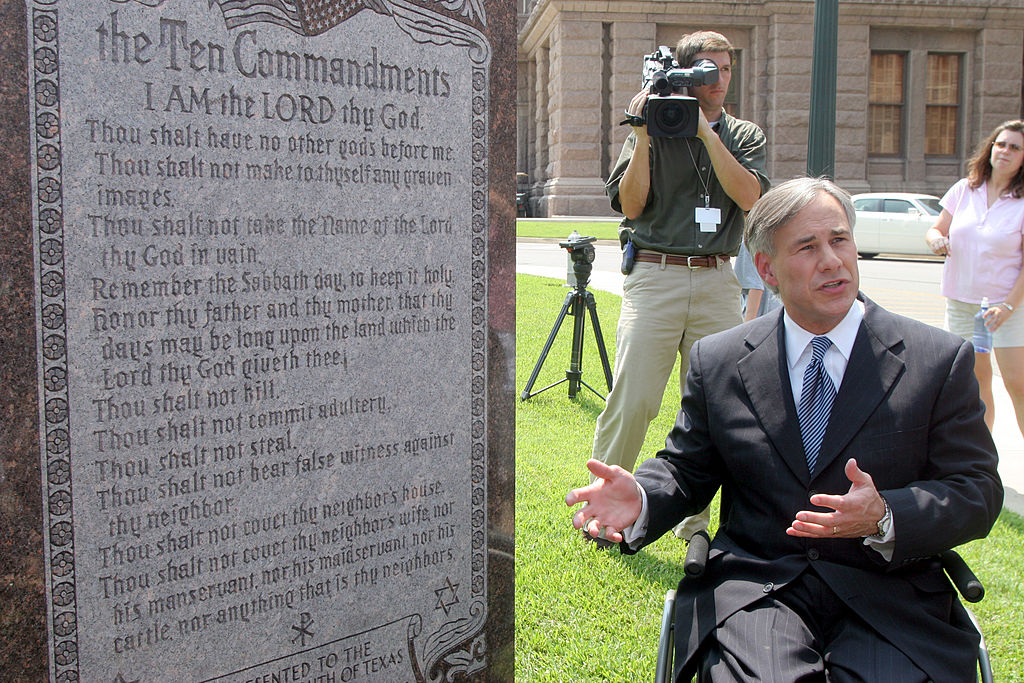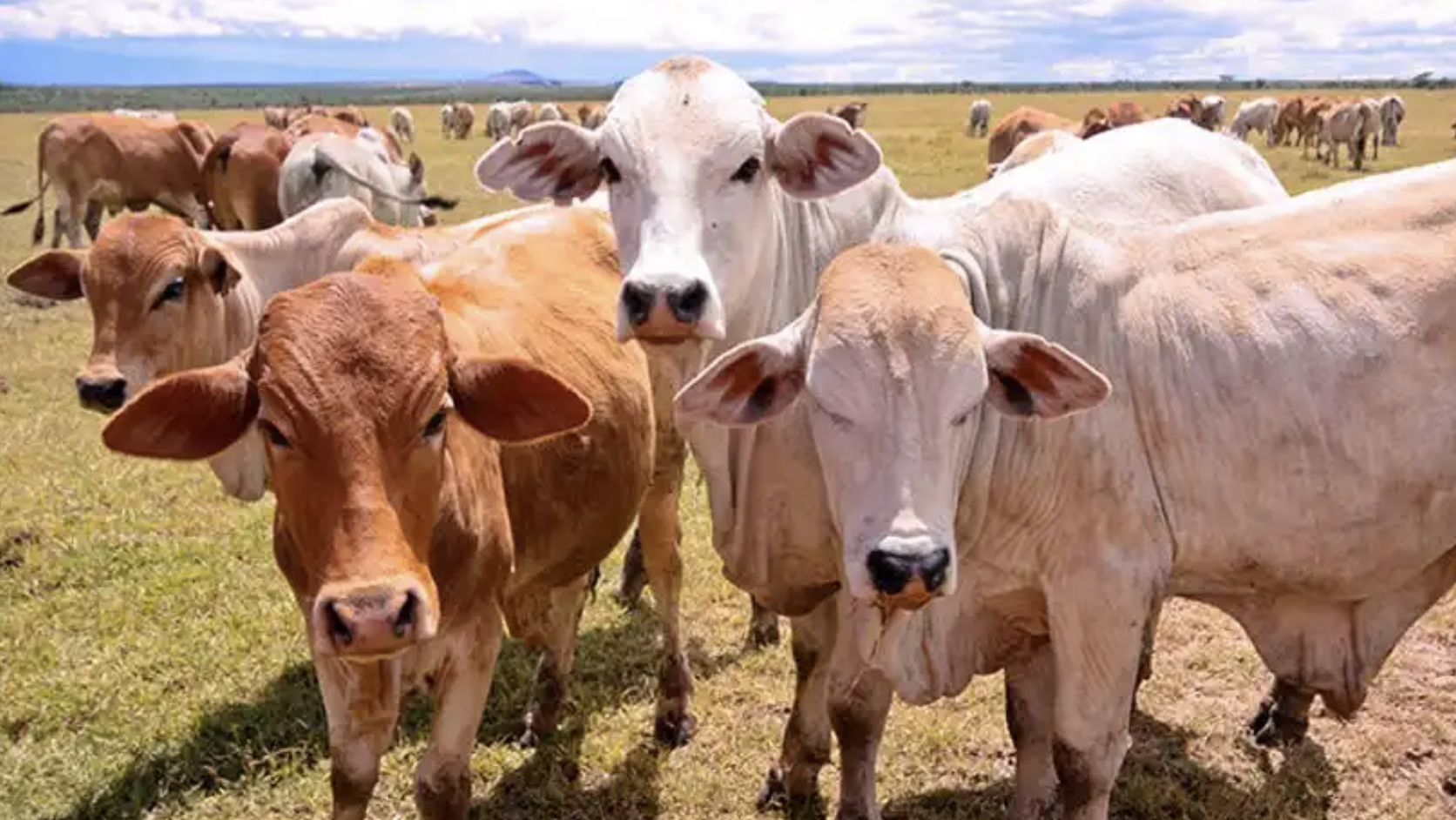When President Donald Trump visited the Museum of African American History in February 2017, he observed, ‘I am very proud now that we have a museum on the National Mall where people can learn about Reverend King, so many other things. Frederick Douglass is an example of somebody who’s done an amazing job and is being recognized more and more, I notice.’ Trump added, ‘Harriet Tubman… and millions more black Americans who made America what it is today. Big impact.’
Trump’s apparent belief that Douglass is still alive created a stir, but he was right about Tubman. Though Treasury secretary Steven Mnuchin scotched plans to put Tubman’s image on the $20 bill, the former abolitionist has been coming on strong. She was the subject in 2019 of a fascinating biopic called Harriet that traces her early life and leading role as a conductor on the Underground Railroad.
‘I never ran my train off the track,’ Tubman said, ‘and I never lost a passenger.’ There was a whole lexicon of code words that the railroad employed, ranging from ‘stockholder’ (someone who donated money, food or clothing) to ‘parcel’ (fugitive slaves). Tubman herself was known as ‘Moses’. These code words also appeared in spirituals: Tubman sang ‘Walk in the Water’ as a reminder to escaping slaves that they should proceed, as far as possible, in rivers and streams to elude the scent hounds of the slave catchers.
Harriet offers a reminder not only of the shameful saga of slavery, but also of how central music was to slaves seeking freedom from the South by escaping to Pennsylvania, Ohio and (after the passage of the Fugitive Slave Act in 1850) Canada, or ‘Canaan’s Land’, which had passed laws forbidding the repatriation of slaves to the US. The soundtrack includes the song ‘Stand Up’, sung by Cynthia Erivo, which quickly became an anthem on TikTok after the murder of George Floyd, as well as on the Biden campaign.
Yarlung Records’ new album Lifeline thus arrives at an opportune moment. It features African-American spirituals known as ‘code songs’ that were performed before and after the Civil War. The opening solo, ‘If I Can Help Somebody’, which was famously performed by Mahalia Jackson and is powerfully sung by Michelle Mayne-Graves, forms a tribute to Tubman’s indefatigable spirit. The album also showcases the talents of Quinton Fitzgerald, Michael Fitzgerald and Walter Penniman II, together with Mayne-Graves in a gripping live performance at the Samueli Theater in Costa Mesa, California in October 2018.
What prompted Bob Attiyeh, the producer of Yarlung Records, to search out and record these gems? He explained to me that he had been looking for years for the right group to sing these unaccompanied spirituals. These were the backbone of the black church in America, but were supplanted first by hymns and then by gospel music: ‘It is the rare church today that offers spirituals in church services.’
Attiyeh was partly inspired to embark upon this project after being introduced to the vintage 78 rpm recordings on the album Standing in the Safety Zone by the Fairfield Four, a group founded in Nashville in 1921: ‘The song “Roll Jordan” stuck in my brain and I’ve wanted to release an album paying homage ever since.’
He’s more than accomplished that ambition. The vocal authority of the Lifeline quartet is gripping. They achieve a kind of transcendent musicality as they pour their hearts into these affecting songs. Remain unmoved to these songs and you’re made of much sterner stuff than I am.
Particularly noteworthy, as it were, are ‘Down By The Riverside’, ‘Motherless Child’, and ‘Steal Away to Jesus’. On ‘Steal Away’, Graves enunciates the lyrics by herself, then the rest of the chorus comes in one by one with simultaneously sweet and shocking command. (Allegedly Nat Turner used this song to summon his followers to plan the bloody Southampton, Virginia slave rebellion in 1831.)
It would be hard to imagine these songs being performed at a higher level than they are on this recording. The sound quality, it almost goes without saying, is gobsmacking. Yarlung, which is based in Los Angeles, is a small label that goes to fanatical lengths to ensure that the performers it records are displayed at their best. Attiyeh is able to draw on the abundant top-notch engineering talent in the LA area and to employ analog tape and tube microphones, among other things, to attain sonic heights that are attained by few other recording outfits. There is a felicitous character to the sound that is almost as captivating as the songs themselves. I don’t urge you to listen to them; I implore you.
This article was originally published in The Spectator’s February 2021 US edition.



